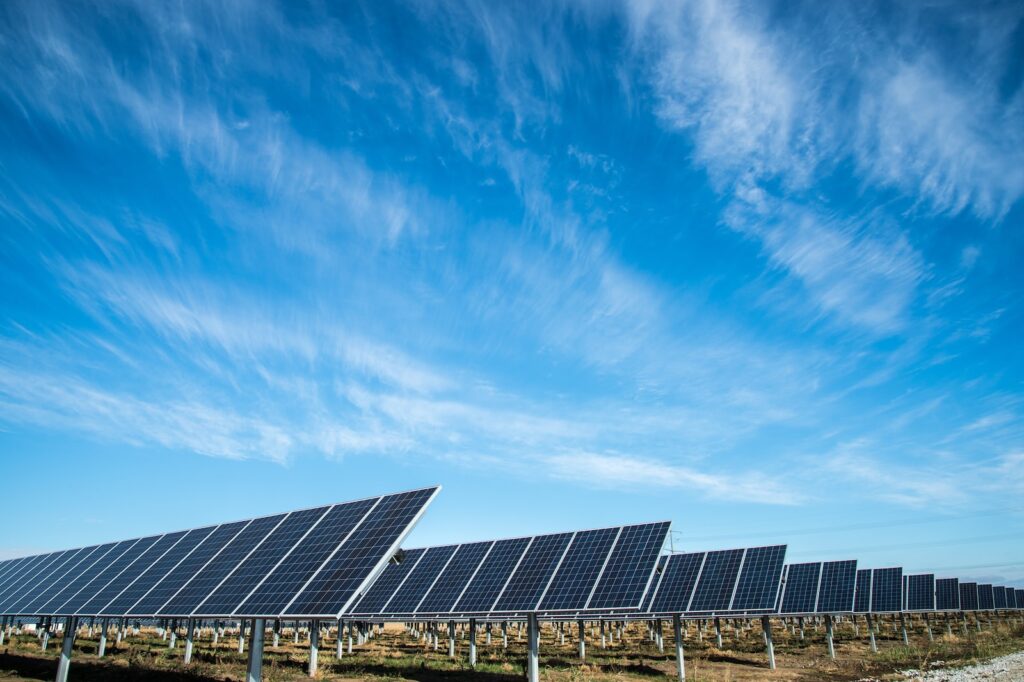COP27: How much progress has been made since COP26?
This time last year, COP26 was in full swing in Glasgow, as nations came together to make new commitments to lower emissions and protect biodiversity.
Boris Johnson was prime minister and the Queen was set to attend a remembrance day service, but a lot has changed since then. With the war in Ukraine, soaring energy and food prices and political turmoil, there are concerns the world is neglecting the climate crisis.
So, just how much progress has been made since last year’s conference?
New emissions targets
At COP26, 153 countries made net-zero commitments and put forward new or updated emissions targets, known as Nationally Determined Contributions (NDCs). The Glasgow Climate Pact saw nations agree to phase out coal and fossil-fuel subsidies and all agreed to make more ambitious emissions targets by the end of 2022. UN projections showed that if these pledges were delivered, global heating could be kept to below 2°C, keeping the 1.5°C target in sight.
However, since then, only 24 countries have revised and updated their emission-reduction targets. This includes Australia which has pledged to cut emissions by 43% by 2030, a huge improvement from its previous target to slash emissions by just 26-28% below 2005 levels. The new Labor government has also laid out plans to increase investment in solar, electric vehicles and renewables to decarbonise.

Indonesia also slightly revised its net-zero plans, committing to an emissions cut of 31.89% by 2030, with this set to rise to 43.2% if the appropriate financial support is received. India made plans to reduce emissions intensity by 45% and achieve 50% renewable energy capacity by 2030 but stuck by its pledge to reach net-zero by 2070.
The world’s two largest emitters the USA and China did not make any updates to their emission-reduction targets, while the UK’s targets are in jeopardy. Ahead of COP26, the UK committed to a 68% cut in emissions below 2010 levels by 2030, with revisions showing more clearly how this would be reached. But the country is yet to adopt any of these plans and a new government has placed these policies under review.
Deforestation
Last year, over 140 countries agreed to end deforestation by 2030 under the Glasgow Leaders’ Declaration on Forests and Land. This involved a commitment to halt and reverse forest loss and land degradation, £5.3 billion of private sector funding and 28 countries launching a roadmap to protect forests through sustainable development. 12 countries also agreed to provide $12 billion of public climate finance to the Global Forest Finance Pledge and 14 countries and philanthropic donors pledged $1.7 billion to Ind
Since then, four new countries have joined the pact, including the Holy See, Nicaragua, Singaporeigenous People’s acting as forest guardians. and Turkmenistan. But notable nations are still missing, including India, Saudi Arabia and South Africa.
Progress is expected to made on this, with The Forests and Climate Leaders’ Partnership (FCLP) is set to be launched at COP27 to roll out the agreements made under the Glasgow Leaders’ Declaration. Annual reviews will take place and country’s will be encouraged to strengthen their policies on forest protection. The agri-commodity sector’s Roadmap of Action has also been released today, setting out plans to reduce emissions from land use change and to support forests.
Climate finance
Back in 2009, wealthier nations agreed to collectively provide $100 billion a year in climate finance from 2020-2025, but it became clear at COP26 this had not been achieved. It was also agreed countries would at least double funding for climate adaptation by 2025 to around $40 billion per year.
Over the summer, an OECD report revealed that only $83 billion was raised in 2020 and most of the money was used to lower emissions, while only $28.6 billion was used put towards climate adaptation.
Some good news is that the 70 organisations and eight countries which signed up to the Principles for Locally Led Adaptation rose to 80. The partnership pledge to provide local communities with access to climate adaptation funds and $450 million to local programmes.
Renewables
65 countries committed to phasing out coal, with all major coal financing countries agreeing to end international coal finance by the end of 2021. An $8.5 billion South Africa Energy Transition Partnership was also established at COP26, with the UK, Germany, France and others agreeing to support South Africa in transitioning to green energy.
Since then, the transition to renewable energy has accelerated, with the International Energy Agency (IEA) calling the increased investment in renewables ‘historic’. The Agency believes the Russian invasion of Ukraine was catalyst for this, as rising gas and oil prices are forcing countries to look elsewhere for their energy supply.
There has also been a range of ambitious renewable energy policies put in place, including the US Inflation Reduction Act, the EU’s Fit for 55 package and Japan’s Green Transformation (GX) programme. China, India and Korea have also set progressive energy targets.
However, there has been a bit of a backstep too, as the UK has announced 100 new North Sea oil and gas licenses and China, Vietnam and Indonesia are looking to increase coal production.
Green cities
More than 1,000 cities and local governments joined the UN Climate Champions Race to Net Zero, committing to halving emissions by 2030 and reaching net zero by 2050.
The Race to Zero Progress Report released in September found membership has almost doubled since the same time last year, with a 30% increase in Asia-Pacific representation. However, the report does not clearly show how much progress has been made in response to the climate crisis, just highlighting how action is being taken across the world. Authors called for more and better public reporting to inform further action required.
Photos by Chris LeBoutillier and American Public Power Association
















